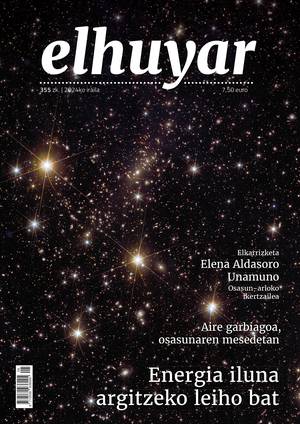Synthesis of proteins in the nucleus
Eukaryotic cells are characterized by their nucleus, that is, by having two distinct zones in the cell: the nucleus and the cytoplasm. Until now, it has been recognized that the synthesis of proteins is only produced in cytoplasm. At the University of Oxford, the team led by biologist Francisco Iborra has discovered that this synthesis is also produced at the core.
Biologists experienced with amino acids marked with fluorescence and the results are significant. In addition to cytoplasm, all the components involved in protein synthesis are present in the nucleus. To verify that the synthesized proteins did not come from cytoplasm, they also experimented with isolated nuclei.
The "classical" synthesis of proteins that biochemistry has accepted for years also has exceptions and are not just a few. Scientists estimate that 10% of the proteins needed by the cell are synthesized in the nucleus.






